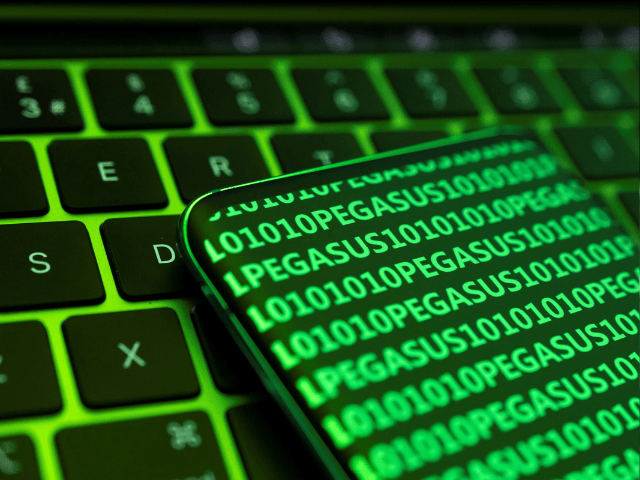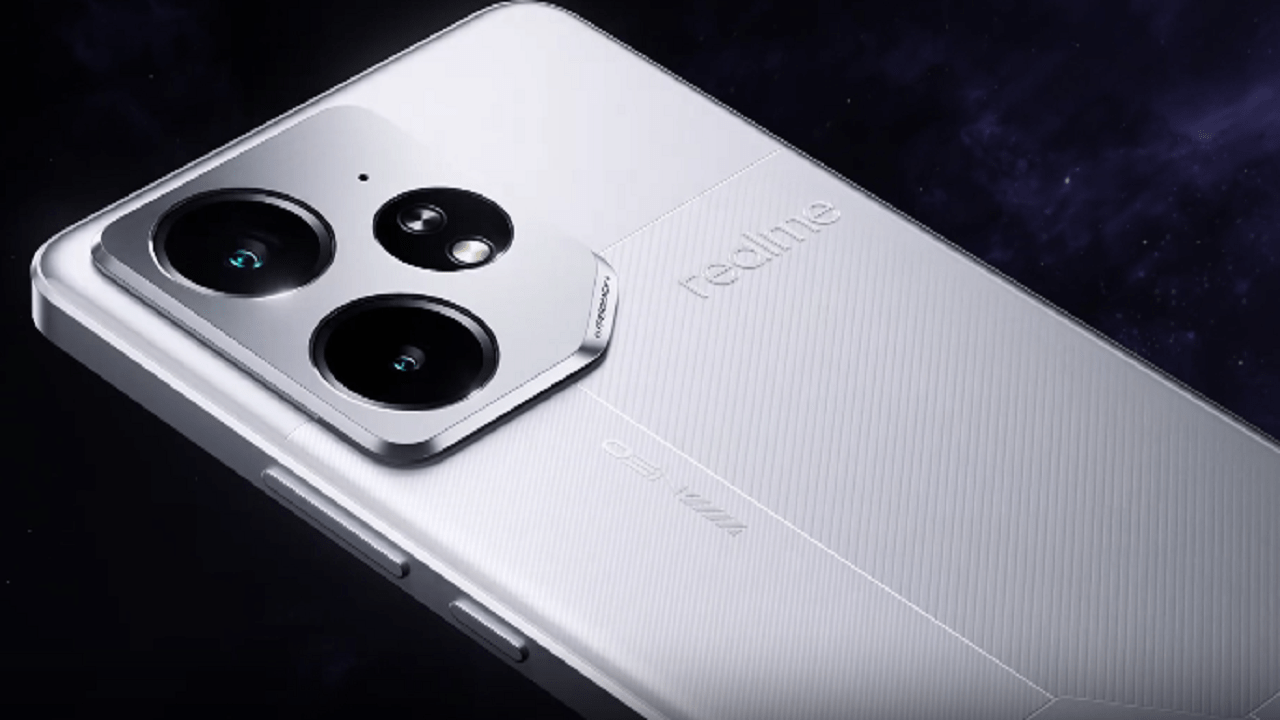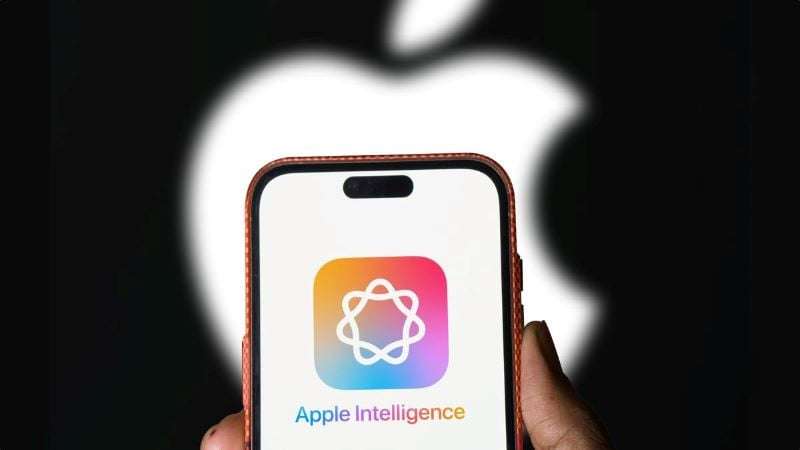Introduction to iVerify’s Detection Tool
In recent years, mobile devices have become increasingly targeted by sophisticated spyware, with one of the most notorious examples being Pegasus, a malware developed by the Israeli firm NSO Group. This spyware has been used to target a variety of individuals, from journalists to activists, and even government officials. However, until recently, there was limited access to effective tools for detecting such threats. Enter iVerify, a new mobile device security tool launched in May, which has revealed significant findings in its early scans, exposing the widespread use of Pegasus spyware.
What is Pegasus Spyware and Why is it Dangerous?
Pegasus spyware is capable of infiltrating mobile devices, allowing attackers to secretly monitor communications, track locations, and access personal data. It has been used by governments and intelligence agencies to spy on individuals deemed to be threats, often without their knowledge. Unlike traditional malware, Pegasus does not require the user to interact with the device or download any malicious apps. Its stealthy nature makes it particularly difficult to detect, leading to concerns over privacy and security.
iVerify’s Mobile Threat Hunting Tool: A Game Changer
The iVerify tool is a mobile threat hunting service that scans both iOS and Android devices for signs of spyware infection, including Pegasus. Using a combination of malware signature detection, heuristics, and machine learning, iVerify’s technology can uncover spyware that traditional security software might miss. The service offers two versions: a free version available through the iVerify Basics app and a paid version for more advanced scans.
The Power of iVerify’s Detection Capabilities
Within the first 2,500 scans, the iVerify tool successfully detected seven infections of Pegasus spyware. While this number might seem small at first glance, it highlights a concerning trend: the widespread use of this spyware may be more extensive than originally thought. Moreover, the fact that these infections were found in a self-selecting customer base—presumably individuals concerned about their device security—indicates that the problem might affect a much larger population.
The iVerify Basics App: Making Spyware Detection Accessible
One of the major breakthroughs of iVerify’s new tool is how it simplifies the detection process. Spyware detection used to be a technical and complex process, often beyond the reach of the average mobile device user. iVerify changes this by offering a simple and accessible app that allows anyone to scan their device for infections. While the free version allows for a basic scan once a month, paying users have access to more detailed scans, diagnostics, and analysis.
The app generates a diagnostic file, which is sent to iVerify for analysis. This feature has made the detection process easier and more user-friendly, allowing everyday individuals to protect their privacy from the growing threat of commercial spyware.
Who is Targeted by Pegasus Spyware?
Historically, Pegasus spyware was believed to target political dissidents, journalists, and activists. However, the iVerify findings have revealed that business leaders, individuals running commercial enterprises, and people in government positions have also been victims of the spyware. This shift in the profile of targets is troubling, as it demonstrates that Pegasus is not just used for political surveillance but also to spy on high-profile individuals in various sectors.
Business Leaders and Government Officials as Targets
The detection of Pegasus infections on the devices of business leaders and government officials shows that the reach of commercial spyware is far broader than previously assumed. Rocky Cole, COO of iVerify and a former NSA analyst, stated, “The people who were targeted were not just journalists and activists, but business leaders, people running commercial enterprises, and people in government positions.”
This revelation raises new concerns about the implications for global business and politics. If spyware like Pegasus is being used to monitor business leaders or government officials, it poses a significant threat to national security and the integrity of private enterprises.
How iVerify Detects Pegasus: The Technology Behind the Tool
To detect Pegasus and other forms of spyware, iVerify’s Mobile Threat Hunting tool uses several advanced detection methods. These include:
- Malware Signature Detection: The tool looks for known signatures of malware, including those unique to Pegasus.
- Heuristics: iVerify uses heuristic analysis to identify suspicious behaviors or patterns on the device that may indicate spyware.
- Machine Learning: The tool employs machine learning algorithms to refine its ability to detect new forms of spyware by learning from previous scans and analyses.
The use of these advanced technologies has helped iVerify uncover spyware infections on high-profile targets, including political activists and campaign officials.
Common Signs of Pegasus Infections
While detecting Pegasus is challenging, there are certain signs that can indicate an infection:
- Unexplained battery drain: Spyware often uses a significant amount of processing power, which can result in rapid battery drain.
- Suspicious background activity: Devices infected with Pegasus may exhibit unusual activity, such as random reboots or slow performance.
- Unusual data usage: As Pegasus transmits data from the infected device, there may be an increase in data usage that cannot be explained by the user’s activity.
- Hidden apps: Spyware can sometimes create hidden apps that do not show up in the device’s normal app list.
iVerify’s tool scans for these and other indicators to detect Pegasus infections.
The Growing Threat of Commercial Spyware
The discovery of Pegasus infections through iVerify’s tool highlights the increasing threat of commercial spyware. Previously, mobile security had focused on protecting devices from traditional threats, such as viruses and malware, but the rise of spyware like Pegasus has complicated the security landscape.
Commercial spyware is sold to government agencies and private organizations, and it is often used to monitor individuals without their knowledge. This has led to growing concerns about privacy violations and the abuse of surveillance technologies.
The Role of Governments and Intelligence Agencies
The NSO Group, the company behind Pegasus, defends its product, claiming it is only sold to vetted government clients, such as intelligence and law enforcement agencies in the U.S. and Israel. However, the use of Pegasus has sparked global controversy, with accusations that it has been misused to target political dissidents, journalists, and business leaders. Despite NSO Group’s claims, human rights organizations argue that the use of such tools is a breach of privacy and civil liberties.
The Future of Mobile Security and Spyware Detection
The launch of iVerify’s Mobile Threat Hunting tool is just the beginning in the fight against commercial spyware. As the technology behind spyware becomes more advanced, tools like iVerify will continue to play a critical role in detecting and combating these threats.
With mobile devices being integral to both personal and professional lives, ensuring their security is becoming more important than ever. The availability of effective, accessible spyware detection tools will help individuals protect their privacy and reduce the risk of surveillance.
FAQs
1. What is Pegasus spyware and how does it work?
Pegasus is a sophisticated spyware that can infiltrate mobile devices and monitor communications, track locations, and access personal data. It works silently in the background without requiring any interaction from the device user.
2. How does iVerify detect Pegasus?
iVerify uses a combination of malware signature detection, heuristics, and machine learning algorithms to identify spyware infections, including those caused by Pegasus.
3. Who can use the iVerify tool?
The iVerify tool is available to both paying customers and those using the free version through the iVerify Basics app. The app allows anyone to perform basic scans for spyware infections on their mobile devices.
4. How can I tell if my device is infected with Pegasus?
Signs of infection include unexplained battery drain, suspicious background activity, unusual data usage, and hidden apps. The iVerify tool can help detect these indicators.
5. Is the use of Pegasus spyware legal?
The use of Pegasus is highly controversial. While NSO Group claims it is sold only to vetted government agencies, human rights organizations have raised concerns about its misuse to target political dissidents, journalists, and other individuals without their consent



